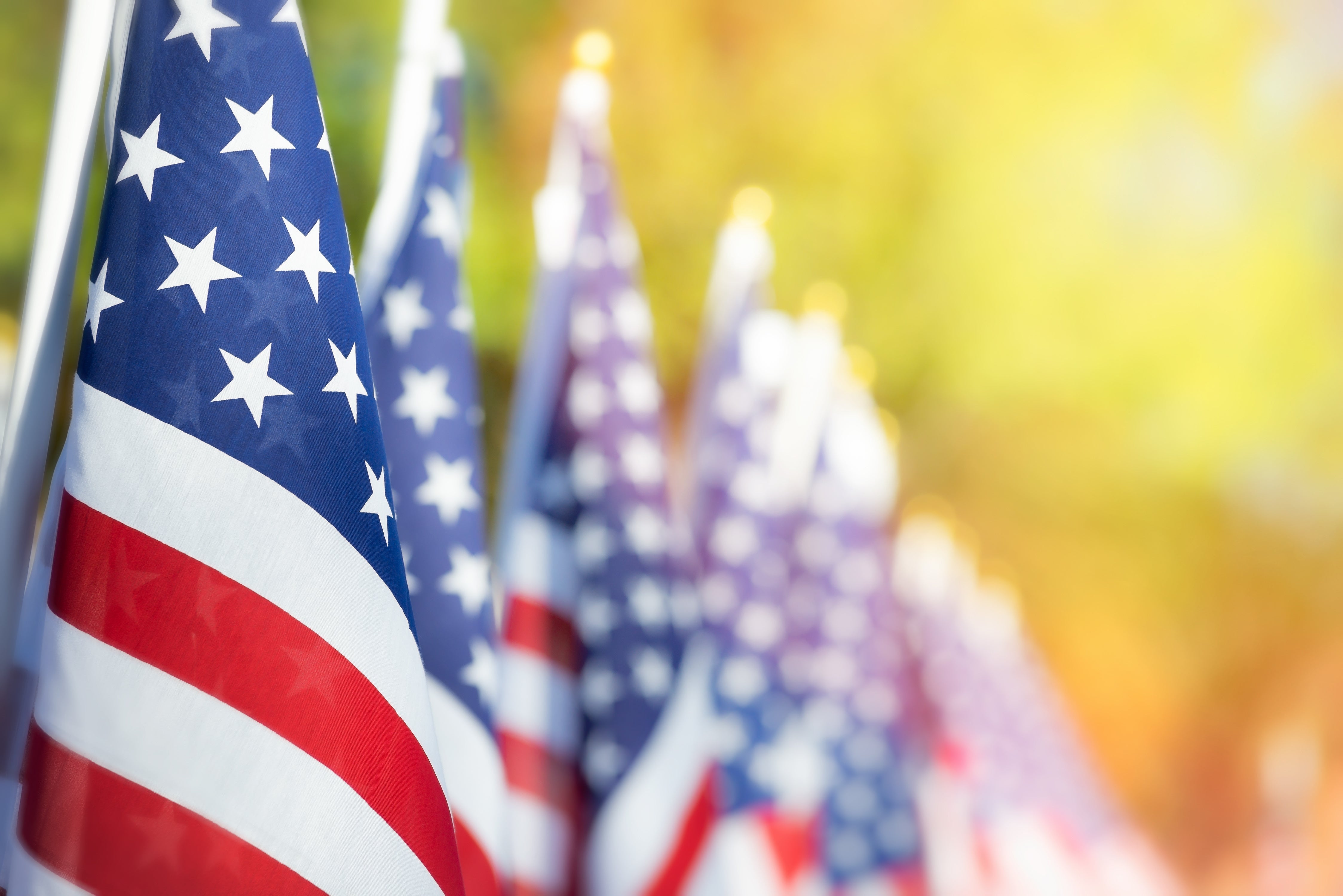
Honoring Veterans Through Compassionate Care
Every November 11, our nation pauses to honor the courage and sacrifice of those who served in the U.S. Armed Forces. Veterans Day is a time for gratitude — for the freedoms we enjoy, the resilience of those who protected them, and the families who stood beside them.
But as healthcare leaders, clinicians, and communities, Veterans Day is also a reminder of something deeper: our ongoing duty to care for those who once cared for us.
Beyond the Uniform: Seeing the Whole Person
When a veteran steps into a healthcare setting, they bring with them a story that extends far beyond their medical chart. Years of service, deployments, and transitions shape not only physical health, but mental, emotional, and social well-being.
A veteran may carry injuries that are visible, and others that are not — chronic pain, exposure-related conditions, post-traumatic stress, or a quiet sense of disconnection that can follow military life. Some veterans navigate civilian healthcare for the first time after years of structured care within the Department of Veterans Affairs (VA). Others may not identify themselves as veterans at all.
To care for veterans well, we must begin by seeing them fully — not just as patients, but as people with unique experiences that influence how they seek and receive care.
Listening as a First Step Toward Healing
Listening is one of the most powerful forms of care we can offer. For veterans, that means asking open questions and creating space to share.
A simple phrase — “Have you ever served?” — can open an important dialogue. It invites connection. It signals awareness. It helps providers uncover health factors that might otherwise remain hidden: past exposures, injuries, or stressors that influence current health.
Listening also fosters trust. Many veterans come from a culture where stoicism and self-reliance are deeply valued. When healthcare professionals approach those encounters with humility, curiosity, and empathy, it builds a bridge — one that allows veterans to share concerns they might otherwise keep private.
That trust can be life-saving. It can lead to earlier diagnosis, better adherence to treatment, and a stronger sense of partnership in care.
Addressing Hidden Wounds
The signature injuries of modern military service are not always visible. Post-traumatic stress, traumatic brain injury, depression, anxiety, and moral injury can profoundly affect veterans’ lives and families.
Yet stigma and misunderstanding often prevent open conversation about mental health. Providers can make a difference by normalizing those discussions, offering reassurance, and recognizing the strength it takes to seek help.
Holistic care means attending to the mind as well as the body — recognizing that healing requires safety, dignity, and respect. It also means understanding how social determinants of health — employment, housing, community connection — play a role in a veteran’s well-being.
Veterans deserve systems that honor the full spectrum of their health needs, not only on Veterans Day, but every day.
The Power of Cultural Competence
Military service creates a distinct culture, with its own language, hierarchy, and values. Recognizing that culture helps providers communicate more effectively and avoid unintentional barriers.
For example, veterans may describe symptoms differently or downplay pain due to training and mindset. They may also respond differently to authority or teamwork in a care setting. A provider who understands these nuances can better interpret cues and build rapport.
Cultural competence is not about knowing every branch, rank, or regulation — it’s about meeting each veteran where they are, informed by empathy and respect.
Turning Gratitude into Action
Veterans Day observances often focus on ceremonies, flags, and moments of silence — all meaningful symbols of gratitude. But in healthcare, gratitude must be lived through action.
That means:
- Asking about military service during intake.
- Training staff to recognize service-related risks.
- Strengthening communication between VA and non-VA providers.
- Designing systems that account for exposures, trauma, and transition challenges.
- Supporting family members and caregivers who share in the experience of service.
Each of these actions moves us closer to a system that truly honors veterans through care — not as a special category of patients, but as members of our communities whose service shaped the nation’s history.
A Shared Responsibility
Every clinician, hospital, and health system has a role to play in advancing veteran-centered care. Whether you treat one veteran or hundreds, each encounter matters.
At ECRI, our commitment to veterans is grounded in that belief. Through our patient safety work — including initiatives like the SALUTE™ program — we strive to help healthcare teams listen more deeply, identify service-related risks, and close gaps in diagnostic safety. The goal is simple: to ensure that every veteran’s story is heard, and that care reflects both medical and human understanding.
This Veterans Day, we are reminded that safety and gratitude are intertwined. When healthcare systems prioritize listening, equity, and respect, they embody the very values veterans fought to protect.
A Moment to Reflect
As we honor those who served, let’s also recognize those who continue to serve — clinicians who bring compassion to every encounter, families who provide daily support, and communities that stand beside their veterans.
To every veteran: thank you for your courage, your service, and your continued impact. We see you, we honor you, and we are committed to providing care that reflects the depth of your sacrifice.
And to those working in healthcare: may this Veterans Day remind us that the greatest tribute we can offer is not just remembrance, but care that truly heals — care grounded in empathy, understanding, and respect.
